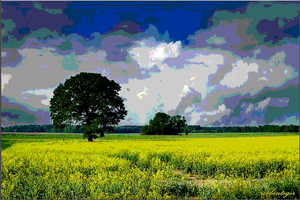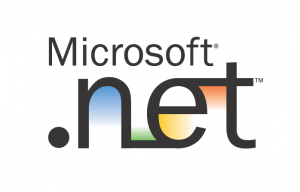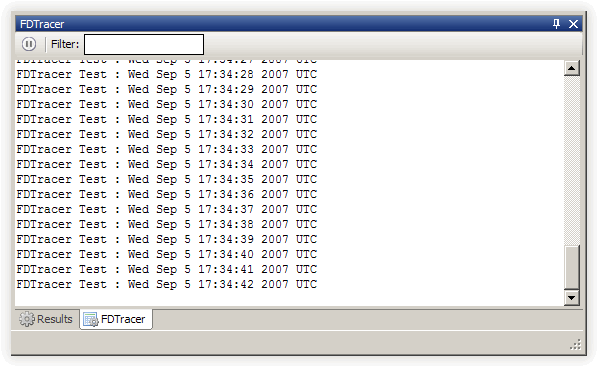These days I was working on a flex 2/amfphp project and I discovered a very strange issue accidentally.
With PHP 5.2.4 installed both on local and remote server, the local amfphp works and the remote gave errors.
Connecting to the service browser I was receiving the error “Channel.Ping.Failed” error and investingating a bit more in the fault message I discovered that the source error was:
The class {Amf3Broker} could not be found under the class path {/var/htdocs/amfphp/services/amfphp/Amf3Broker.php}
and the Amf3Broker php class does not exists anywhere in amfphp! But in the Actions.php file on line 78 I found this:
if(!$handled)
{
$uriclasspath = "amfphp/Amf3Broker.php";
$classpath = $baseClassPath . "amfphp/Amf3Broker.php";
$classname = "Amf3Broker";
$methodname = "handleMessage";
}
That’s the strange thing because the $handled variable should be true ’cause usually the first request sent by flash is a $messageType = “flex.messaging.messages.CommandMessage”. So I continued in my investigation logging all the messages that php was receiving.
So at the end I discovered that amfphp didn’t deserialize the amf data correctly! All the packet were corrupted (that’s why $messageType wasn’t handled), all the strings were not correctly parsed.
Finally I discovered the reason. It’s because mbstring.
The only difference between the remote server and the local server is the php.ini setting about mbstring overload and the others mbstring settings.
The remote server has mbstring.func_overload = 2, that means all the strings functions are affected and that’s why the amfphp methods were returing corrupted data.
In fact I just changed this method into AMFDeserializer.php:
function readBuffer($len)
{
$data = substr($this->raw_data,$this->current_byte,$len);
$this->current_byte += $len;
return $data;
}
into:
function readBuffer($len)
{
$data = "";
for($i = 0; $i < $len; $i++)
{
$data .= $this->raw_data{$i + $this->current_byte};
}
$this->current_byte += $len;
return $data;
}
and the original error disappeared! Obviously I got other errors later, that’s because there are many other string functions in amfphp.. but at least I found the cause.
In fact, removing the mbstring.func_overload in the php.ini everything worked again!


 Well, it seems that Microsoft will release the .NET libraries (not all, but it seems the most relevants ) source code with the next release of
Well, it seems that Microsoft will release the .NET libraries (not all, but it seems the most relevants ) source code with the next release of 

